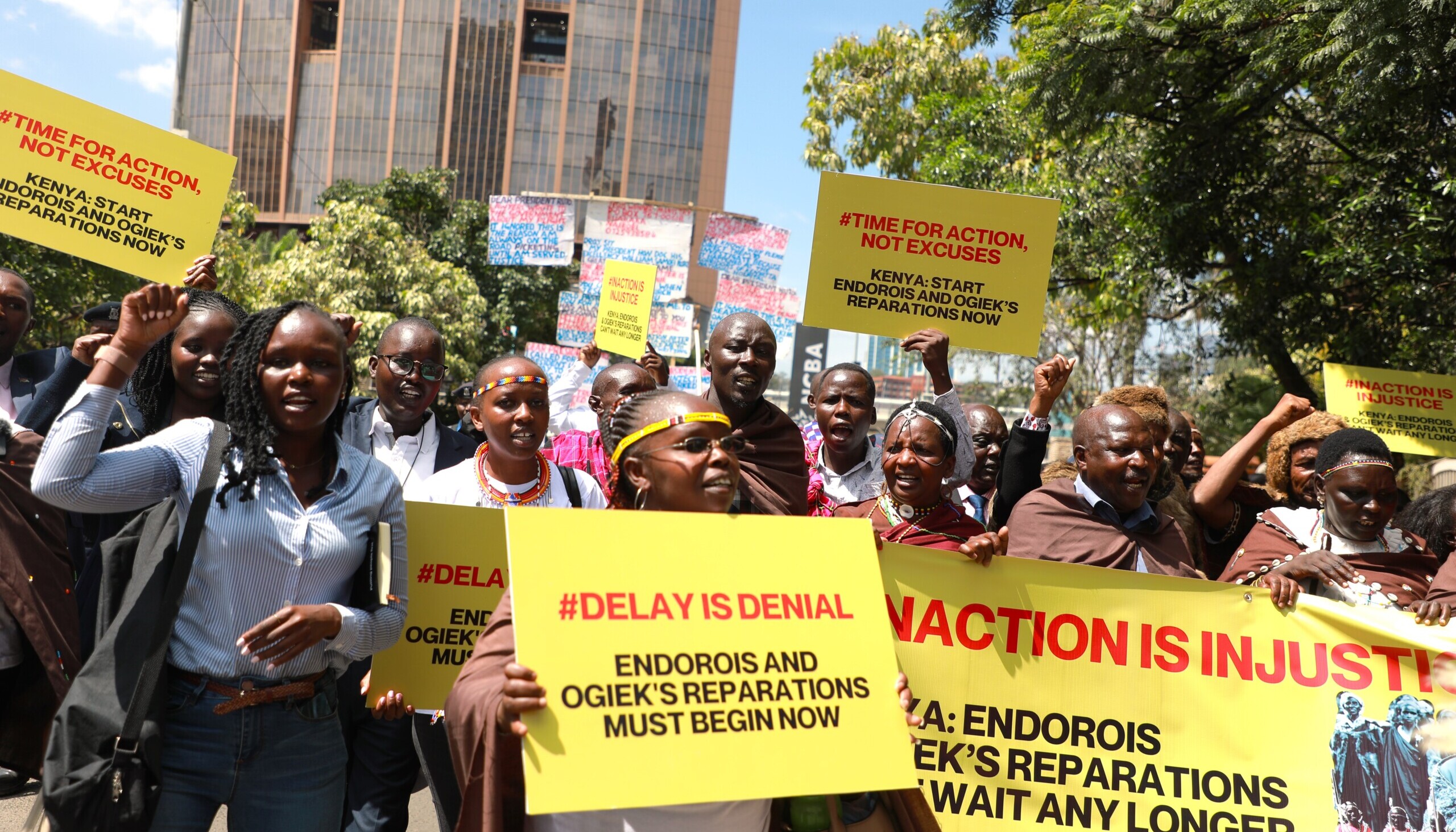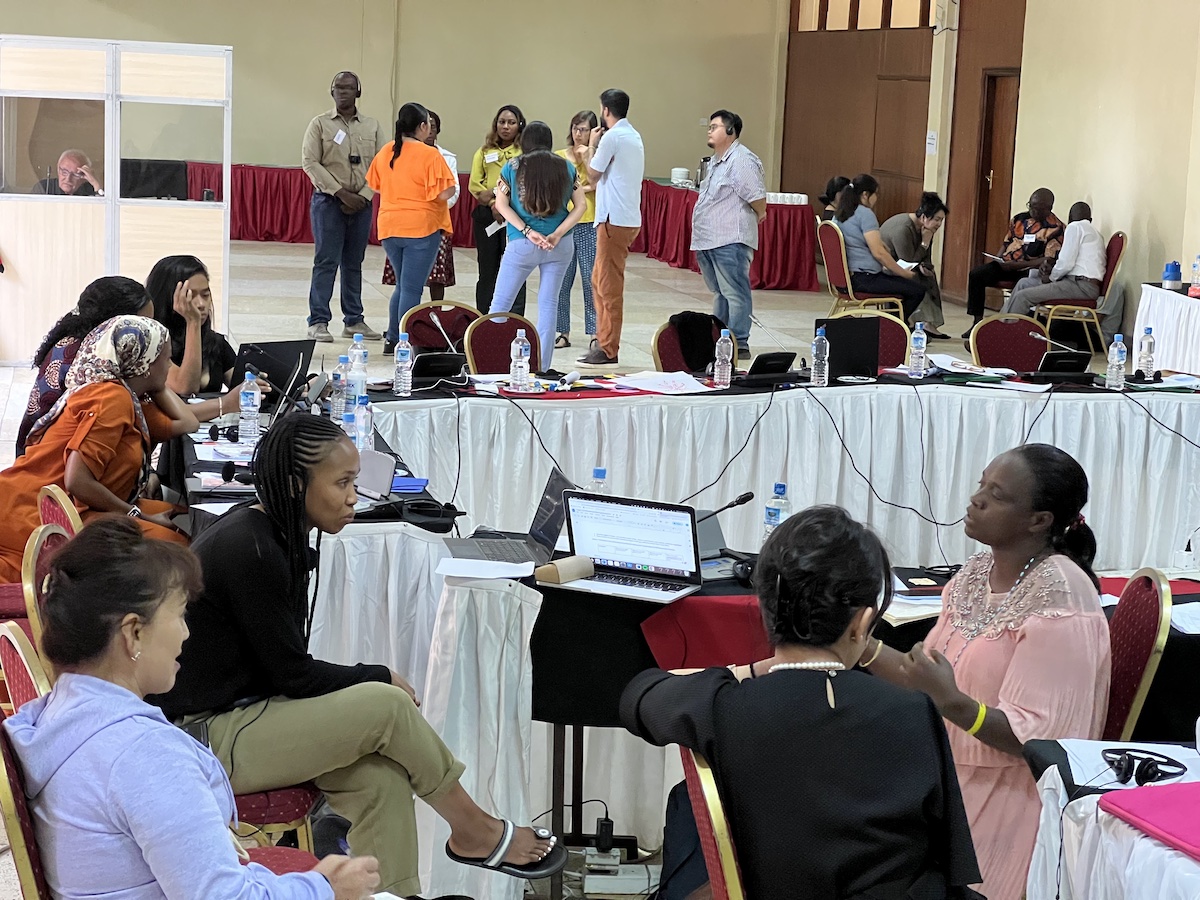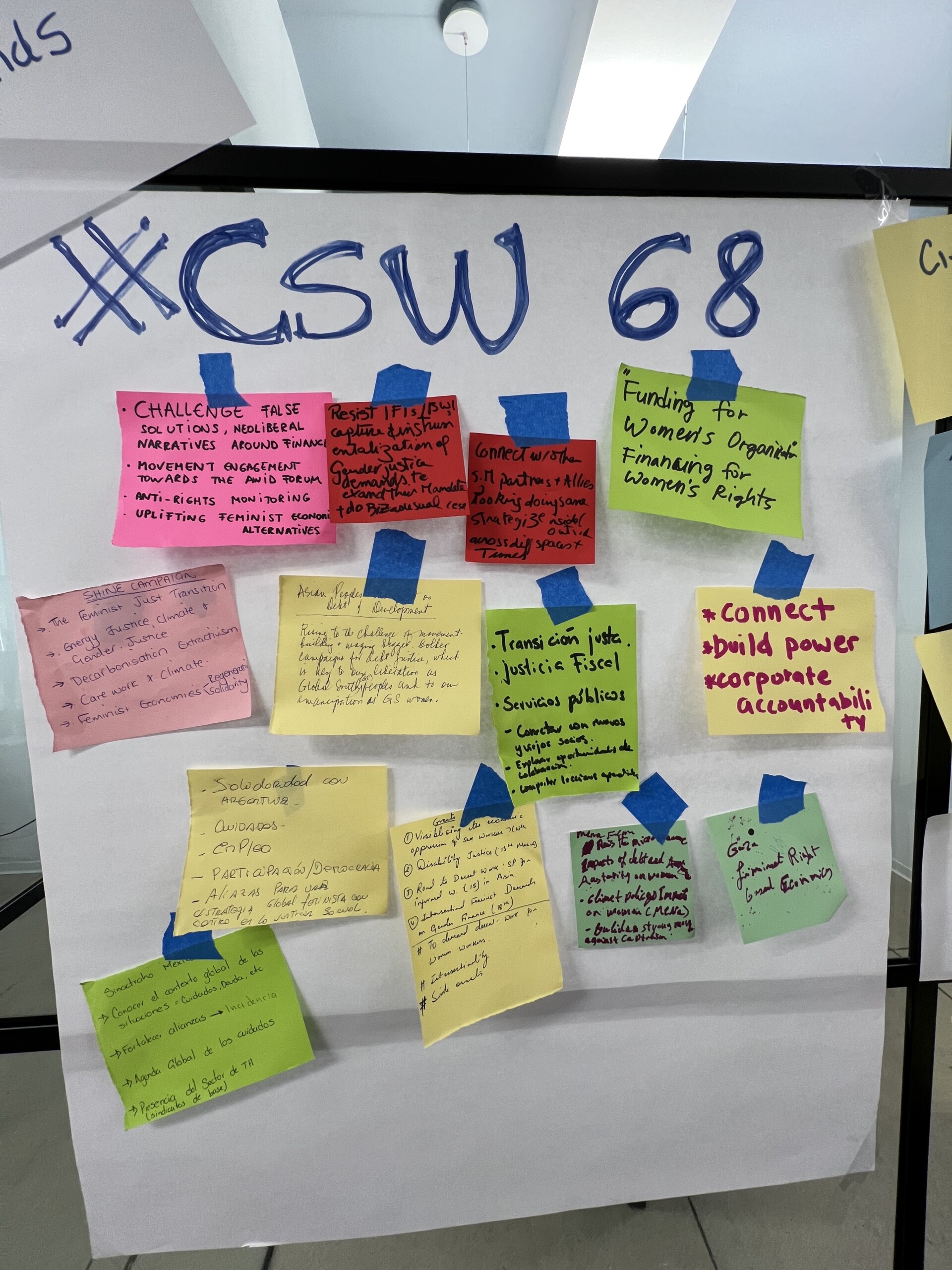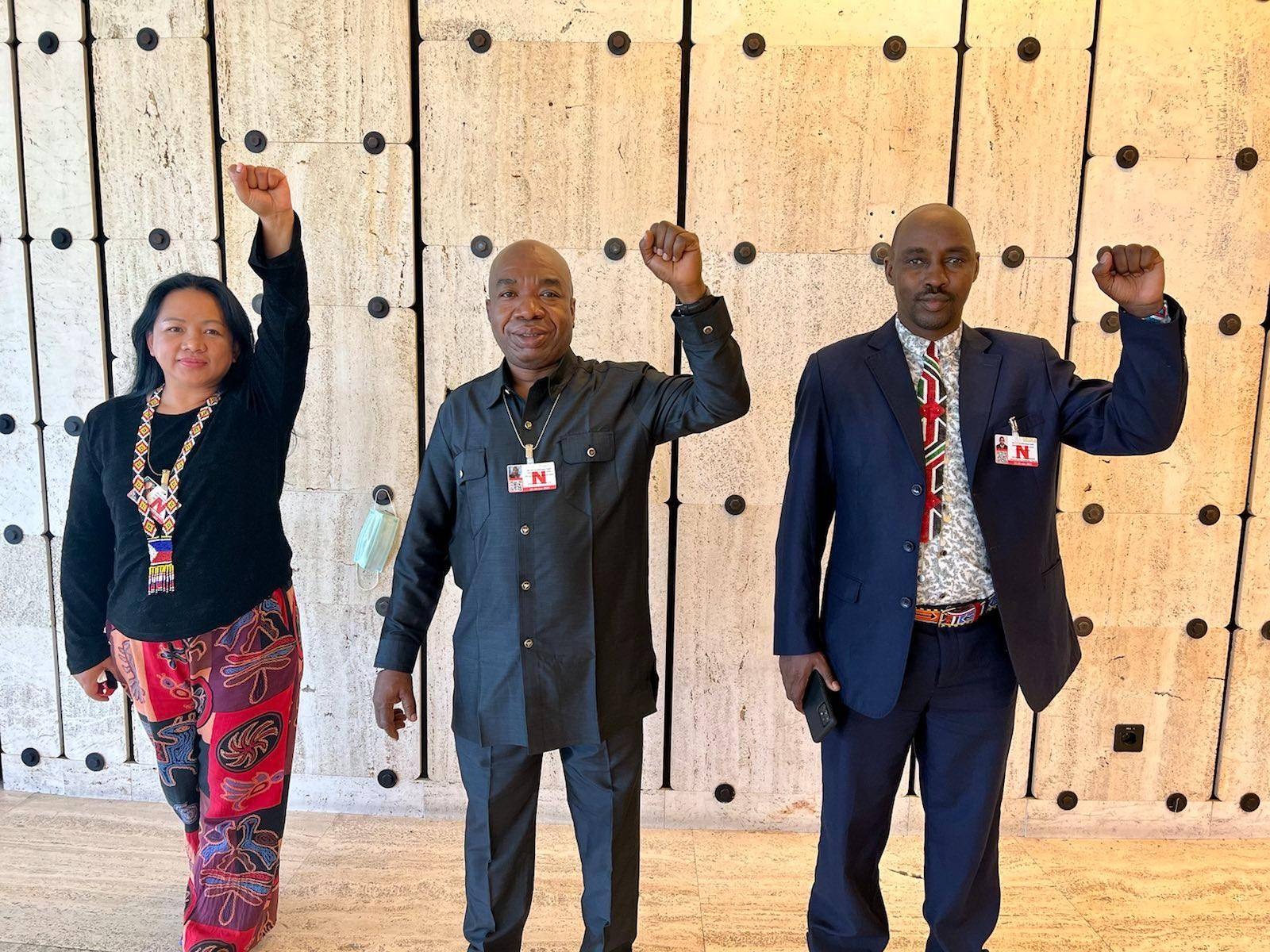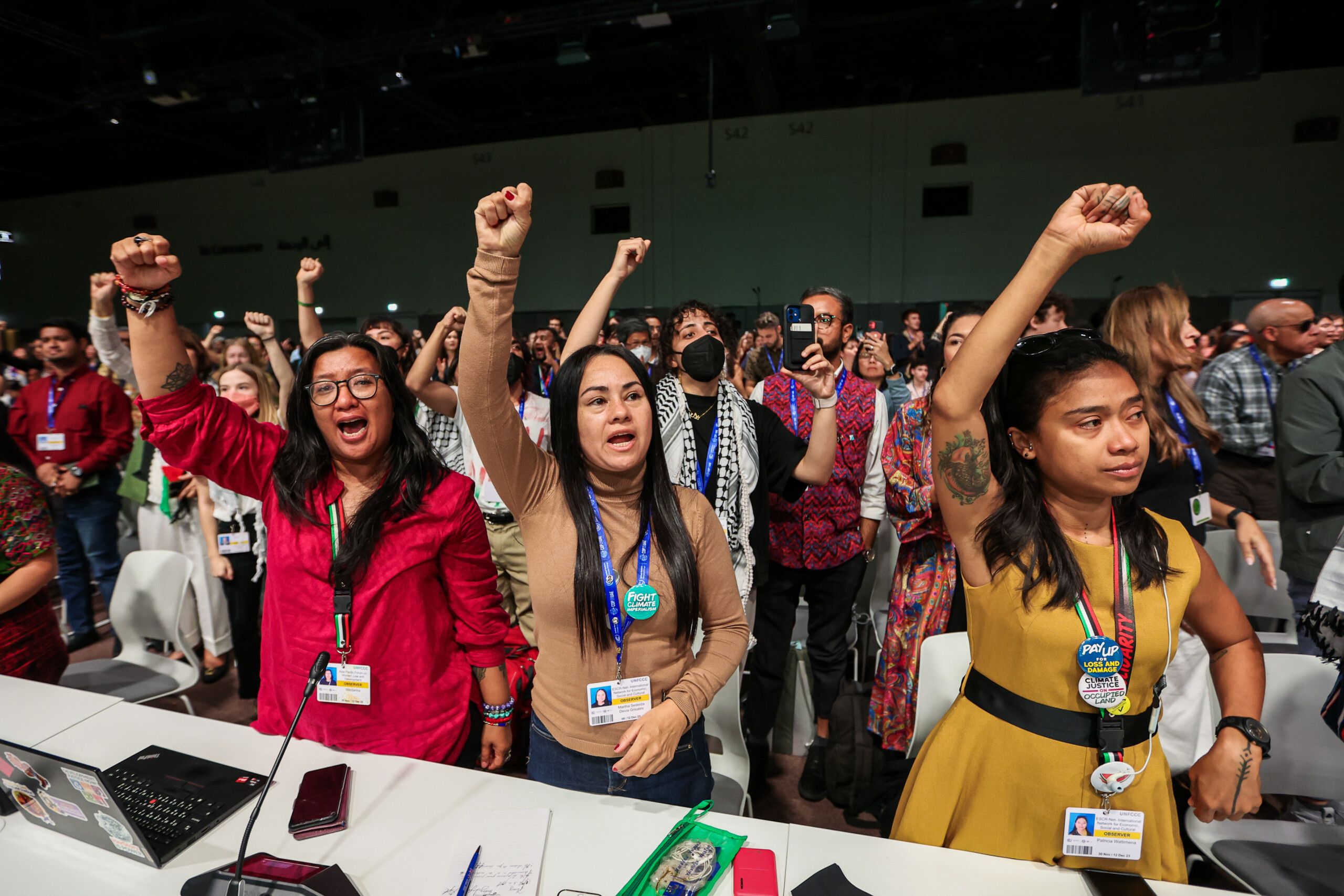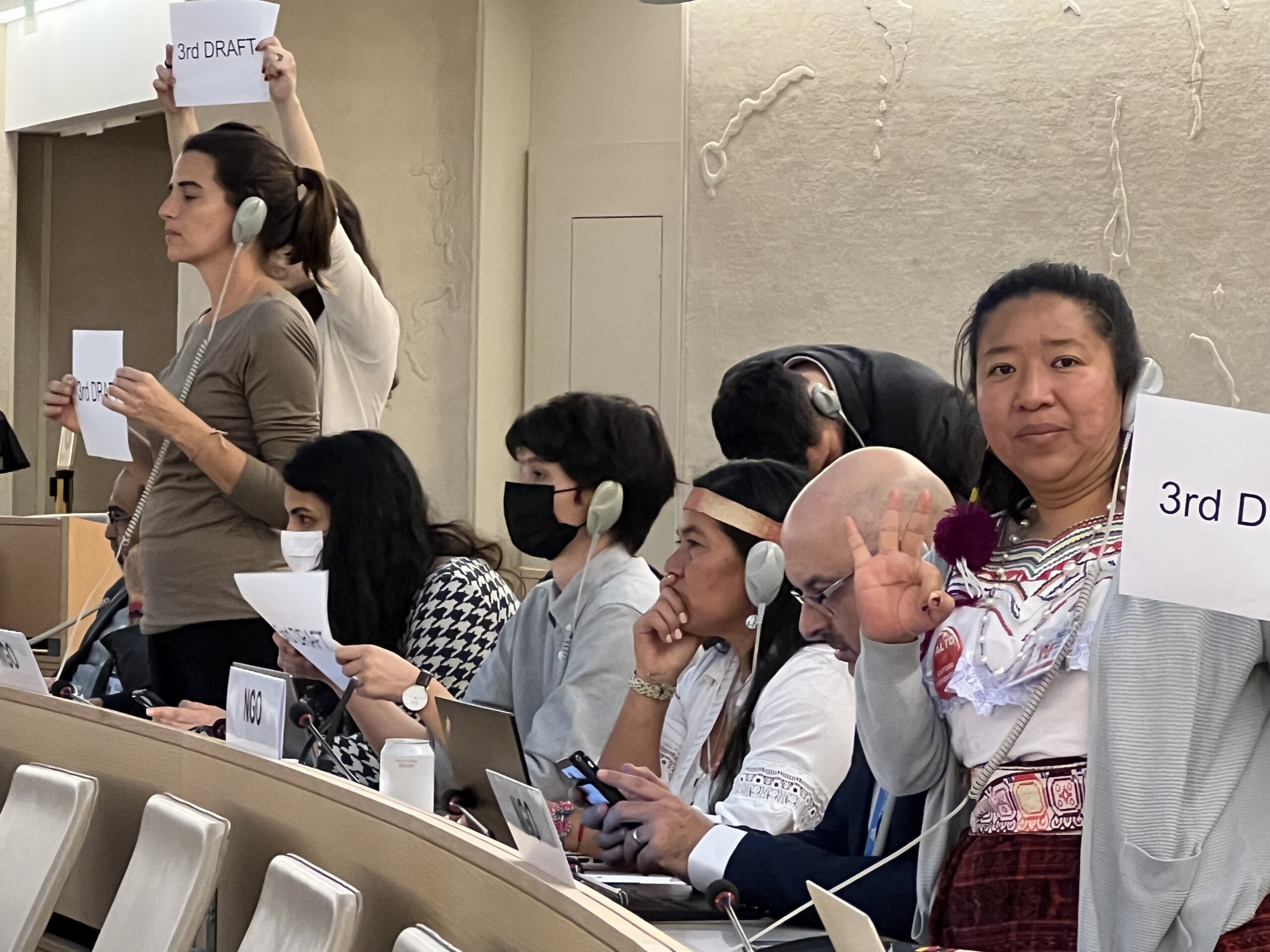ESCR-Net is its members united by this common mission, and our strength is found in member-led collective advocacy and campaigning guided by our core principles:
- Advancing all human rights, as universal, indivisible and interdependent, with a focus on ESCR issues;
- Ensuring regional and gender balance in leadership, intersectional gender analysis, and the centrality of grassroots groups and social movements;
- Grounding network activities in the lived experience of people resisting ESCR violations, and advancing concrete, collective actions able to affect systemic change;
- Striving for shared analysis and consensus in decision-making as a member-led network, but respecting the autonomy of individual participants’ positions.
These core principles also reflect an understanding of how we will effectively build a global movement with shared power to advance the demands of communities for dignity, well-being, substantive equality, and self-determination. This baseline informs all Network processes and policies, from the development of political positions to the formation of governance structures to planning for strategy meetings and workshops, via a never-ending effort to live into our core principles. ESCR-Net strives to create horizontal and radically democratic spaces to deepen critical analysis and build collective action for transformative change, working to model a political approach that reflects the world we want to build.
